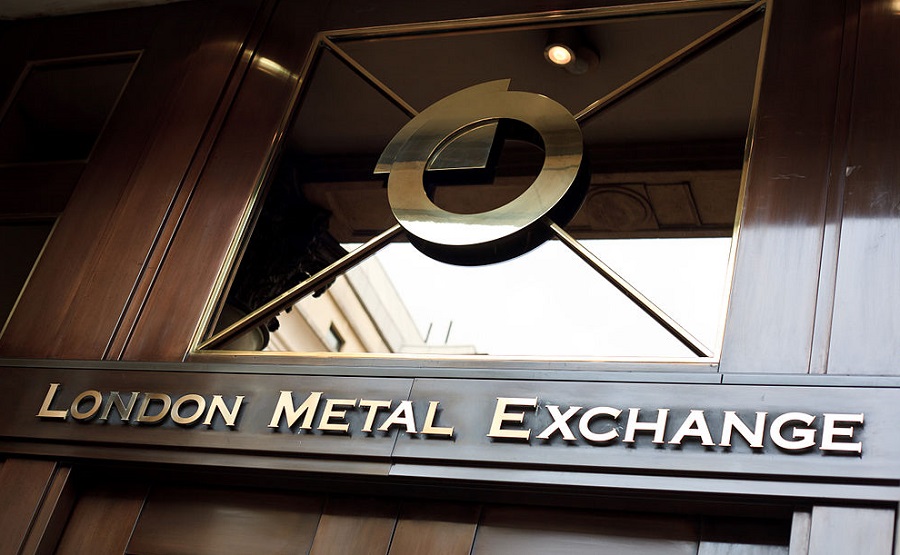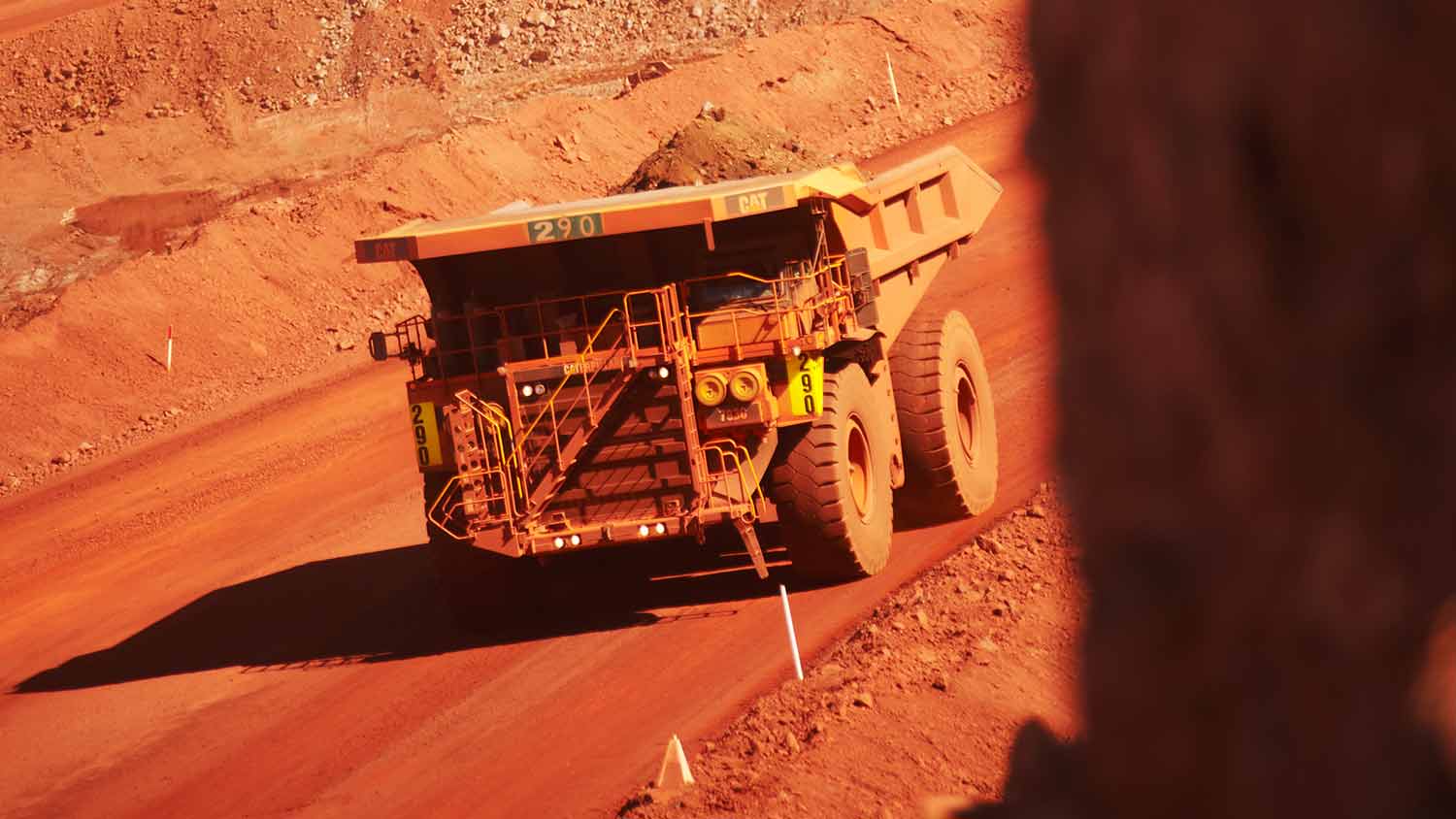LME favourite to clear for new base metals platform NFEx -sources

By Pratima Desai
LONDON, July 12 (Reuters) – The London Metal Exchange is the favourite to clear trades for the new base metals platform NFEx as it would be the most efficient option for those wanting to use both venues, sources familiar with the matter said.
The new exchange, which will offer trading in base metals such as copper and aluminium, is aiming to go live by the end of the first quarter of 2018 with contracts that mimic the LME’s.
NFEx is talking to the LME, Intercontinental Exchange , SGX and CME Group, sources said.
“We are in commercial negotiations with several leading commodity clearing Houses, some of these discussions are further progressed than others,” NFEx’s chief operating officer Mark Bradley said.
ICE, SGX and CME declined to comment.
The LME said: “We welcome new initiatives that encourage more volume to the market. As with any potential business opportunity we would always be willing to discuss possible areas where we believe mutual growth could be achieved.”
Before launch, Britain’s Financial Conduct Authority (FCA) needs to authorise NFEx as a multilateral trading facility (MTF). FCA approval is conditional on NFEx having a capital base of 730,000 euros, which sources say it has, and enough cash to operate for at least two years.
It is expected to apply for FCA approval by early August.
Clearing arrangements can be agreed at a later date, but will be key to gaining traction.
Netting margin requirements — typically a deposit required for a futures or forward contract for individual metals — for commodity futures is possible to some extent on all exchanges.
But metals brokers prefer LME Clear, which could help clear the way for NFEx to use LME settlement prices.
It would also mean those seeking to trade on the LME and NFEx would not have to pay into two default funds, which protect clearing members in the event one firm cannot honour its trades.
DIFFERENT CONTRACTS
“The market wants (NFEx’s) clearing to be done by the LME. The margining and administration would make it easier for brokers that want to use both,” a head of a metals brokerage said. “NFEx wants to capture the business that went OTC (over-the-counter), that the LME lost.”
An economic slowdown in China, the world’s largest consumer of industrial metals, and a massive 31 percent fee hike at the start of January 2015 saw volumes at the LME drop 4.3 percent in 2015 and 7.7 percent in 2016.
The resulting drop in revenues could be partly offset by clearing for NFEx, an idea the LME is open to so long as the new exchange does not try to invade its territory, meaning the contracts would have to be different in some way, sources said.
One difference is that NFEx is planning cash-settled contracts, while the LME’s are physically deliverable.
Another distinguishing feature could be NFEx using “request-for-quote” as an execution venue, a process which offers all participants the opportunity to quote for a specific trading strategy or contract, a source familiar with the matter said.
“If the LME wants to launch its own OTC platform, it won’t want to clear someone else’s OTC trades,” a trader at a copper producer said. “But they could go with NFEx, save their money and absorb it at a later date if it works.”
One idea in the LME’s discussion paper launched in April was an OTC or “permissioned dealer-to-client platform separate” to LMESelect, the exchange’s electronic trading system.
“ICE is the other name that keeps coming up,” a source at a futures exchange said. “ICE could clear for NFEx and in the agreement include an option to take a stake.”
ICE lost a bidding war for LME in 2012. It was beaten to the finish by Hong Kong Exchanges & Clearing, which paid $2.2 billion for the world’s largest and oldest metals market. (Editing by Edmund Blair)
{{ commodity.name }}
{{ post.title }}
{{ post.date }}




Comments